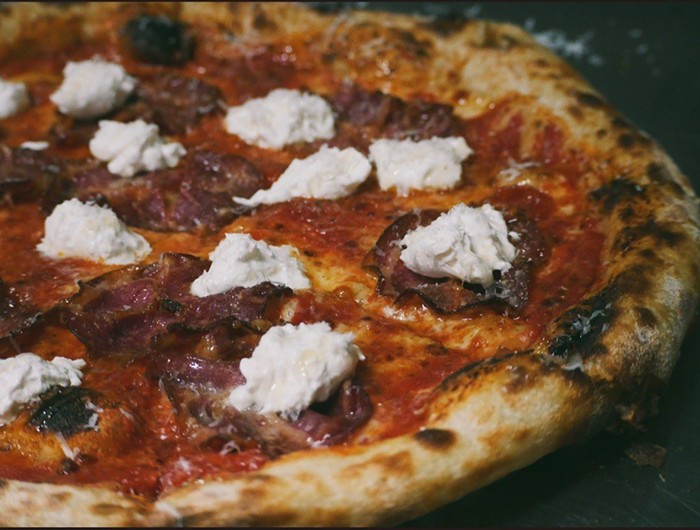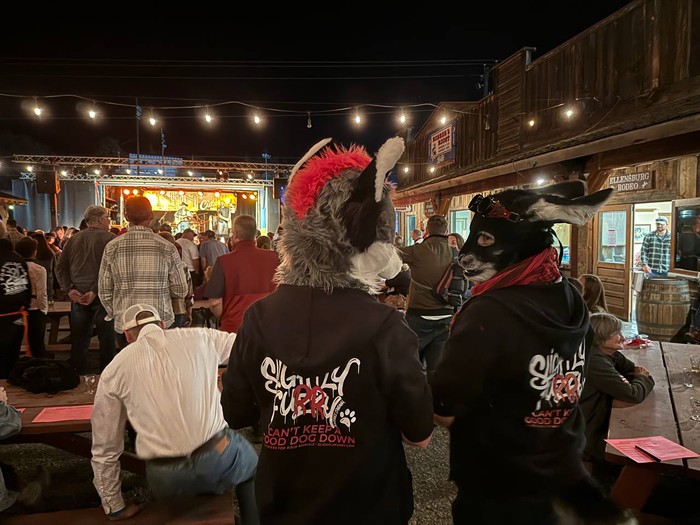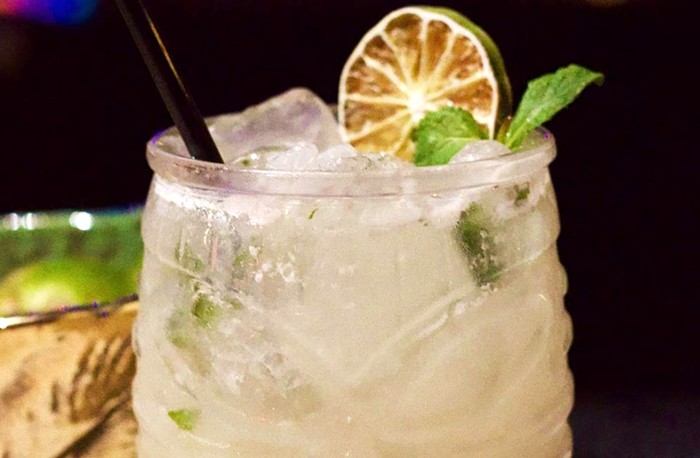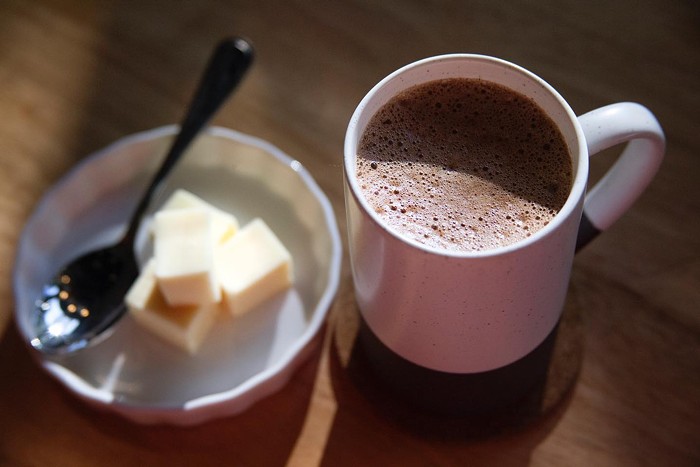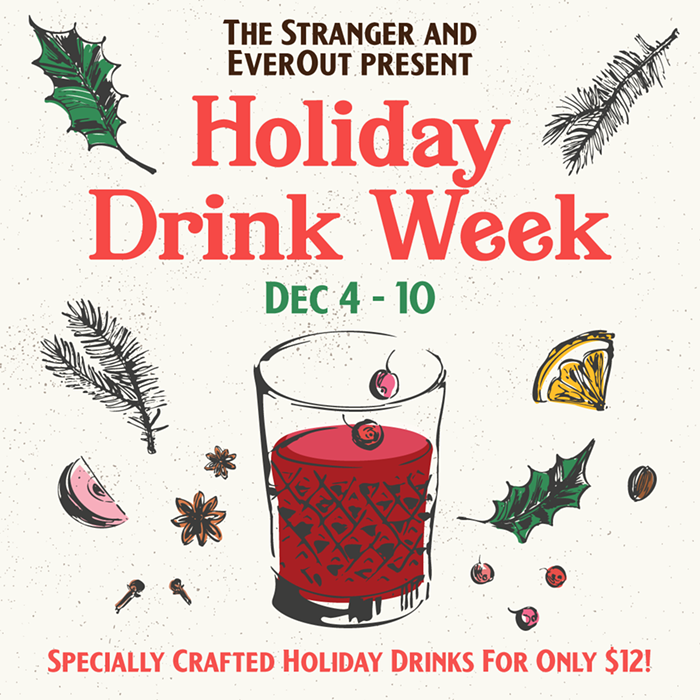
If Northwest sustainability advocate and cookbook author Becky "Don't Buy Fish Spontaneously" Selengut were a fish, she would be a coho salmon. Like a coho salmon, she is silvery, sleek, and all-around awesome. She was an easy one; I debated for a good 10 minutes about what type of fish the four other panelists at last night's "The Consumer’s Conflict: Fishing For Answers" would be, if, you know, they were fish.
I was thinking about this not because it's a hobby of mine but because the discussion was dead boring. Things heated up only once, during a mini-argument between Selengut and Whole Foods seafood quality standards coordinator Carrie Brownstein. Paraphrased—Becky: There's so much variety in the Pacific Northwest that it doesn't make any sense not to buy local fish. Carrie, flustered: DON'T CONFUSE THE AUDIENCE, BECKY! Folks, just look for a Marine Stewardship Council Certification and you'll be A-OK! Becky, affronted: I'm in the Pacific Northwest, talking to an audience of people from the Pacific Northwest. I think they can hack it. Carrie, still flustered: YEAH, WELL!
That’s about as exciting as it got.
And this is coming from a huge fish nerd. If I could live anywhere in the world, it would be inside the Monterey Bay Aquarium. Moderator and Q13 Fox anchor Bill Wixey was largely to blame. In typical TV-news style, he confined his questions to touchy-feely topics such as "What does 'sustainability' mean to you?" and fear-mongering about Fukushima fallout—even after all the panelists had made it clear they didn’t think the issue even worth talking about. Meanwhile, Wixey's own orangey hue made me afraid for the radiation level in the room, much less the ocean. Kudos must go to Selengut, who to every radiation-related question replied, "Well, I'm not glowing, am I?" without the slightest hint of irony.
The good news:
Sustainability is catching on, and not just here in Seattle. Whole Foods is working with fisherpeople to increase the number of Marine Stewardship Council certifications, the highest certification of sustainability a fishery can receive. The store's goal is to not sell fish on Monterey Bay Aquarium's "red" list of untenable fisheries in any of its stores after Earth Day 2012. Yakama elder Tony "The Taste Is Spiritual" Washines spoke to the efforts of his tribe to create sustainable salmon and eel hatcheries that would produce "strong fish" capable of surviving in the wild. Monterey Bay Aquarium's Susan "Speaking Up For The Fish" Marks pointed to a growing list of grocery stores and distributors who are committed to selling only sustainable fish. A couple of tattooed men in the front row described the growing restaurant trend using anchovies and sardines, both very sustainable fish. Also, Becky Selengut has a massive fan club, including one woman who said she's cooking her way through Selengut’s new cookbook, Good Fish.
The less-than-good news: The growth in sustainable fisheries and aquaculture is patchy, according to Dr. Trevor Branch of UW's School of Aquatic & Fisheries Sciences. In America, things seem to be headed in the right direction, but in the world as a whole, sustainable fishing is just not making a lot of headway. (Maybe this was why the two girls in front of me were crying throughout the entire discussion?)
The scary news: Newscasters in real life are terrifying.

